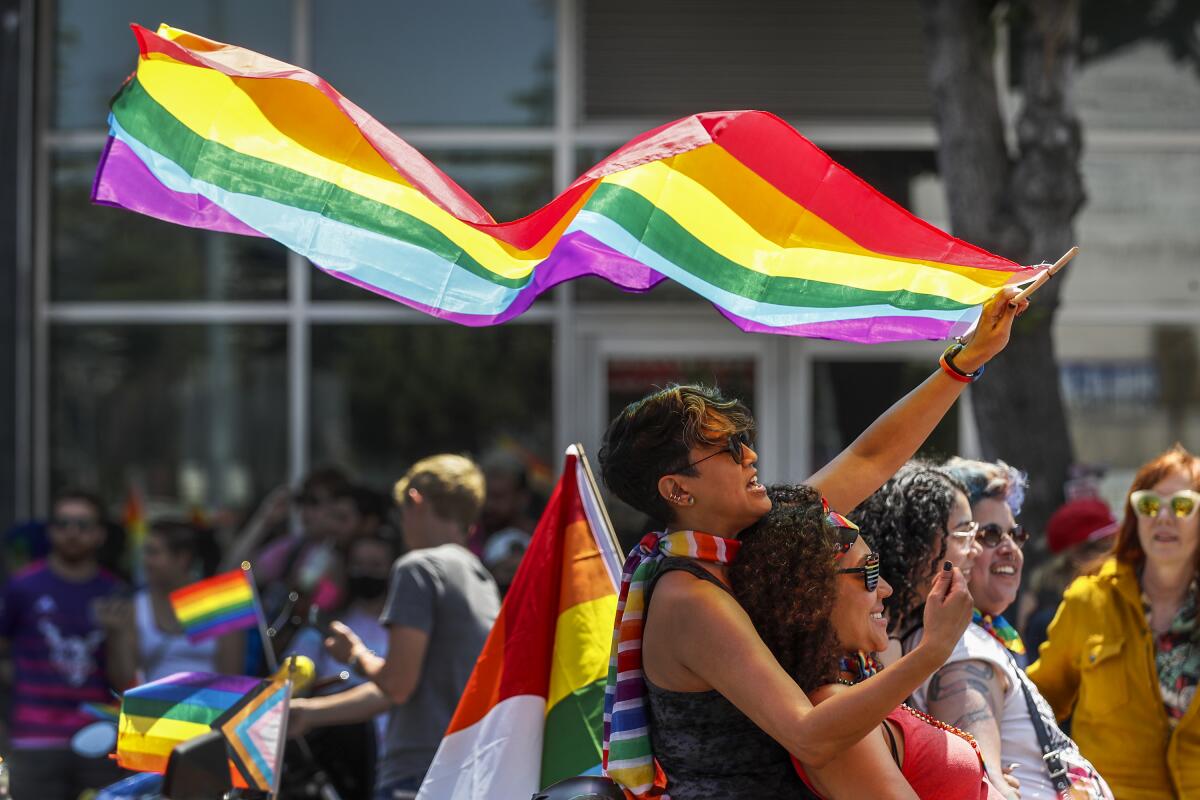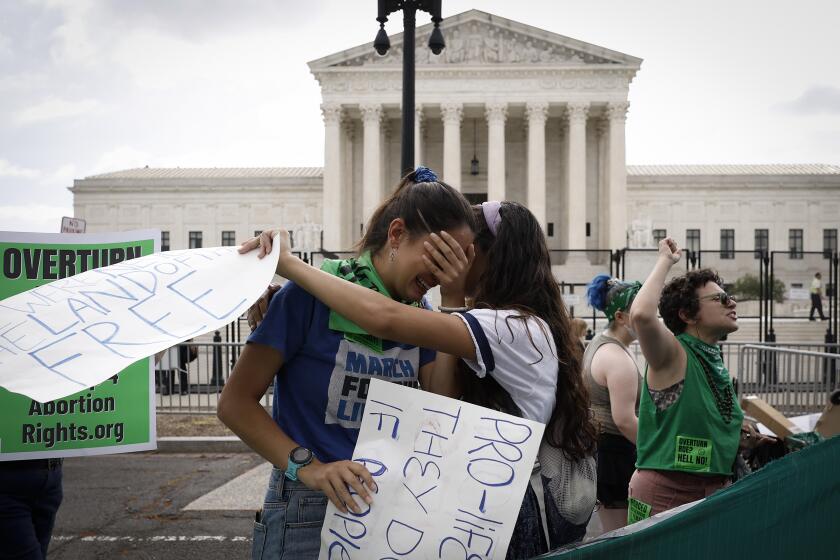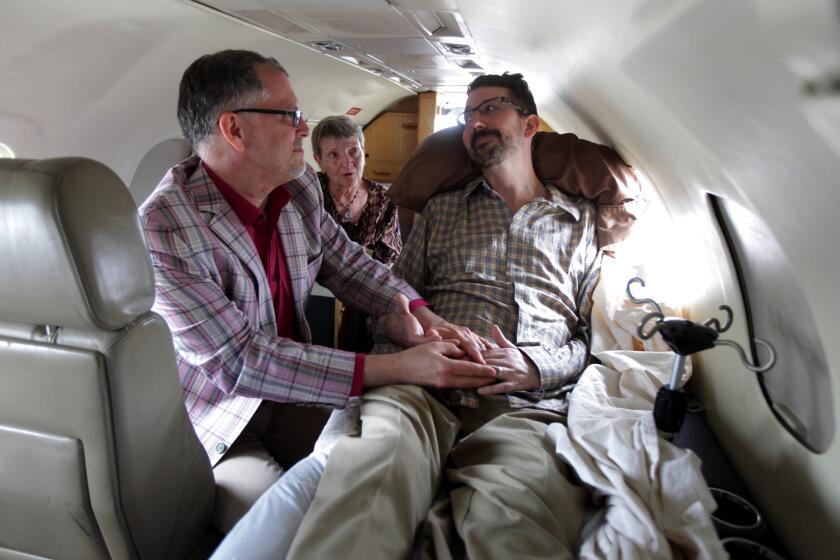Contraception, same-sex marriage should be next in the crosshairs, Thomas says in opinion

WASHINGTON — The Supreme Court “should reconsider” rulings that rely on the same legal reasoning as Roe vs. Wade, including ones that protect gay sex, same-sex marriage and married people’s use of contraception, Justice Clarence Thomas wrote in a concurring opinion released Friday.
In his concurring opinion in Dobbs vs. Jackson Women’s Health Organization, which overturned Roe vs. Wade, enabling states to ban abortion, Thomas wrote that the high court has a “duty to ‘correct the error” established in Obergefell vs. Hodges (2015), which legalized same-sex marriage, Lawrence vs. Texas (2003), which protects same-sex relations, and Griswold vs. Connecticut (1965), which protects married couples’ access to contraception.
In a historic reversal, the Supreme Court strikes down a half-century of nationwide abortion rights in the U.S.
Although Thomas signed on to the majority opinion, he wrote separately to urge the high court to reexamine these cases. All three rely on substantive due process, the idea that the Constitution protects certain rights its text doesn’t explicitly mention.
Thomas has repeatedly cast doubt on this legal principle, calling it an “oxymoron that ‘lack[s] any basis in the Constitution.’” And, because “any substantive due process decision is ‘demonstrably erroneous,’” the court needs to revisit the rulings, Thomas argued. “After overruling these demonstrably erroneous decisions, the question would remain whether other constitutional provisions guarantee the myriad rights that our substantive due process cases have generated,” Thomas, who was appointed by President George H.W. Bush, wrote.
The Biden administration and civil rights advocates had warned that if conservative justices overturned the 1973 landmark Roe decision that established the right to abortion, they could soon curtail other freedoms as well. In remarks on Friday, President Biden highlighted Thomas’ concurring opinion, saying it signals “an extreme and dangerous path the court is now taking us on.”
Thomas’ opinion is “one of the most retrograde” in modern history, Anthony Michael Kreis, a law professor at Georgia State University College of Law, said in an interview. If Thomas’ “constitutional vision ever became a reality, it would require a surveillance state that is incompatible with basic notions of liberty and freedom,” Kreis added.
Kreis said it is unlikely that a majority of the public would back Thomas’ preferred course of action, and noted that other justices did not echo Thomas’ sentiment. (Justice Brett M. Kavanaugh wrote in his concurring opinion that “overruling Roe does not mean the overruling of those precedents, and does not threaten or cast doubt on those precedents.”)
Like LGBTQ people nationwide, I can’t help but worry that the legal logic that might topple Roe will be used against my marriage.
Kreis said his concern is not that Thomas could muster up a majority on the high court to back his view, but instead that the opinion could “embolden people on the ground — in state legislatures and other places,” he said. “They could feel as if they have allies to rally against the basic civil rights of their neighbors.”
More to Read
Get the L.A. Times Politics newsletter
Deeply reported insights into legislation, politics and policy from Sacramento, Washington and beyond. In your inbox three times per week.
You may occasionally receive promotional content from the Los Angeles Times.













